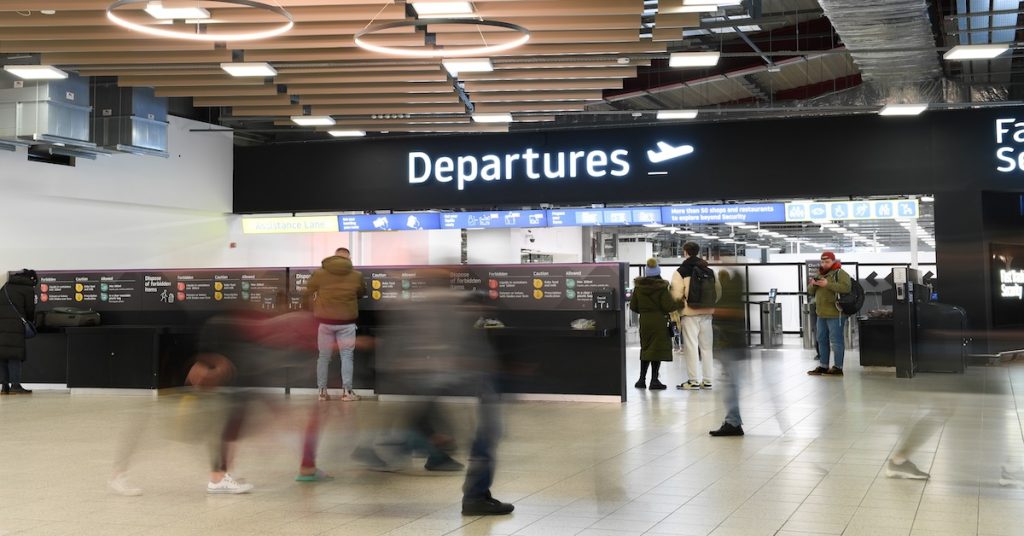The European aviation industry faced a noteworthy surge in flight cancellations in June, rising by 46% compared to May.
This increase highlights significant challenges within the sector as it grapples with operational and external disruptions, emphasising the need for strategic responses.
The number of flight cancellations in Europe saw a significant 46% increase in June compared to May. According to Cirium’s aviation analytics report, 8,145 flights were cancelled last month, up from 5,584 in the preceding month. This sharp rise highlights ongoing challenges within the European air travel sector.
While Europe experienced a surge in cancellations, the Asia Pacific region showed a contrasting trend. Cancellations in Asia Pacific decreased by 16% month-on-month, indicating varying regional dynamics affecting international travel. This data underscores how different parts of the world are navigating the complexities of post-pandemic travel.
Icelandair emerged as Europe’s most punctual carrier in June, with 84% of its flights arriving on schedule. Iberia Express followed with almost 83% of flights on time, while Iberia secured third place with a punctuality rate approaching 78%. Scandinavian Airlines (SAS) and Finnair also stood out, achieving 77% and 76% respectively.
On a global scale, Saudia was recognised as the most punctual airline, boasting an impressive 88% of flights arriving on time. Aeromexico and Latam Airlines closely followed, each maintaining high punctuality rates. This global comparison demonstrates the competitive landscape and varying standards of punctuality that airlines worldwide strive to achieve.
Several factors, including adverse weather conditions and air traffic control restrictions, have contributed to the disruption in flight schedules, affecting approximately 10,000 passengers. These disruptions underscore the operational challenges airlines face in maintaining consistent service levels.
On-time performance, as per Cirium’s definition, means flights arriving at their destination within 15 minutes of the planned arrival time. This benchmark is crucial for understanding punctuality ratings and managing passenger expectations. Airlines are continually striving to improve their services to meet and exceed this standard.
The rise in flight cancellations in Europe and the analysis of punctuality both underline the complexities and competitive pressures in the aviation industry. Airlines are challenged to balance operational efficiency with external factors such as weather and air traffic control. The focus remains on improving reliability and customer satisfaction.
As European airlines confront an array of operational challenges, industry stakeholders must focus on enhancing punctuality and reliability. The efforts to address these issues will determine the sector’s resilience and ability to adapt in a rapidly changing travel landscape.

